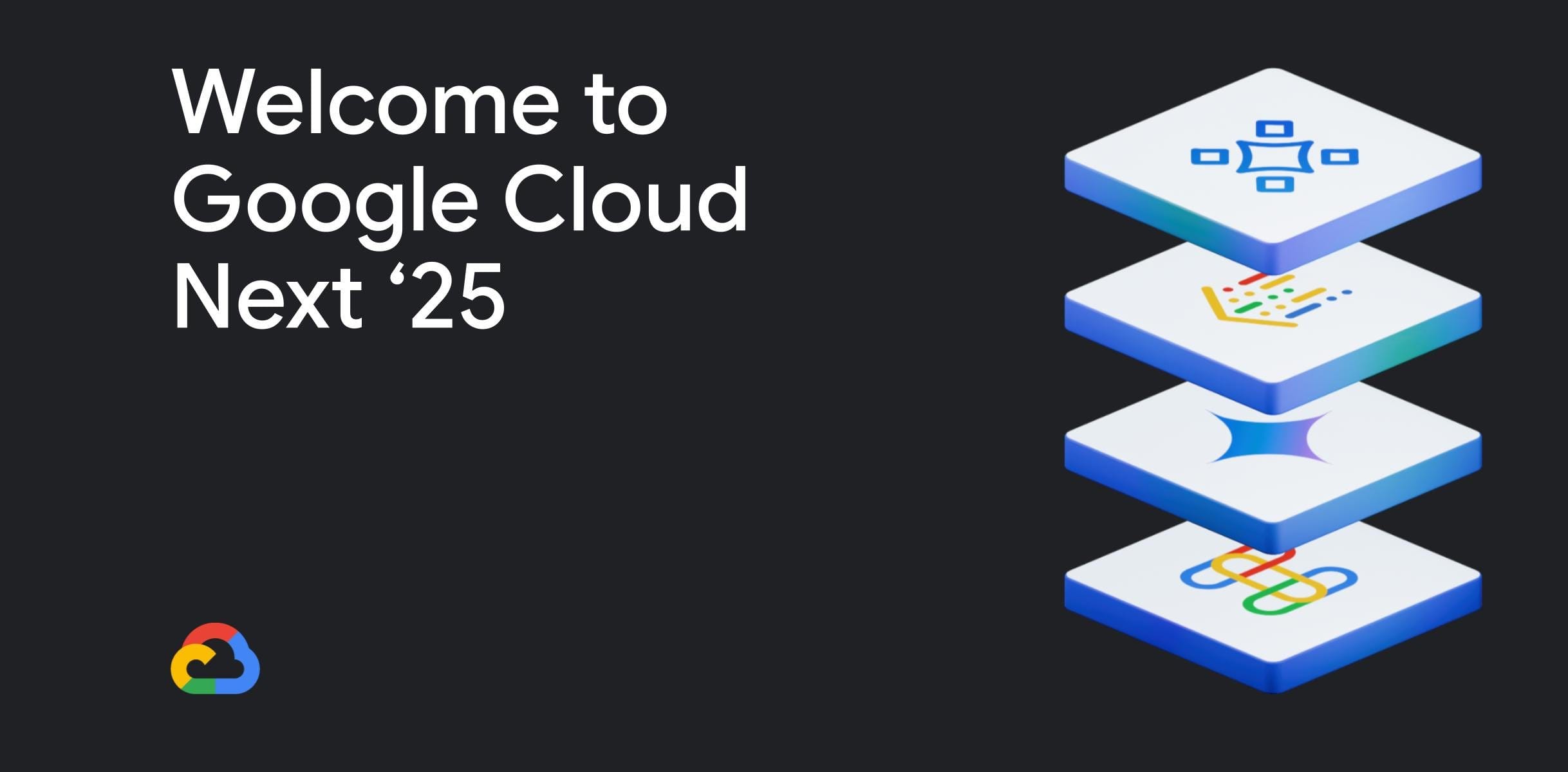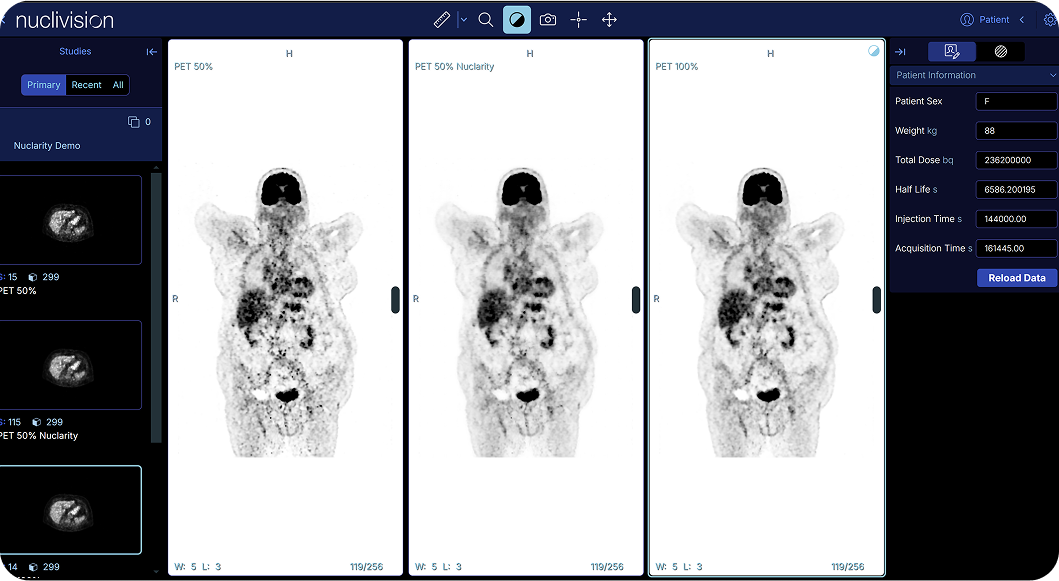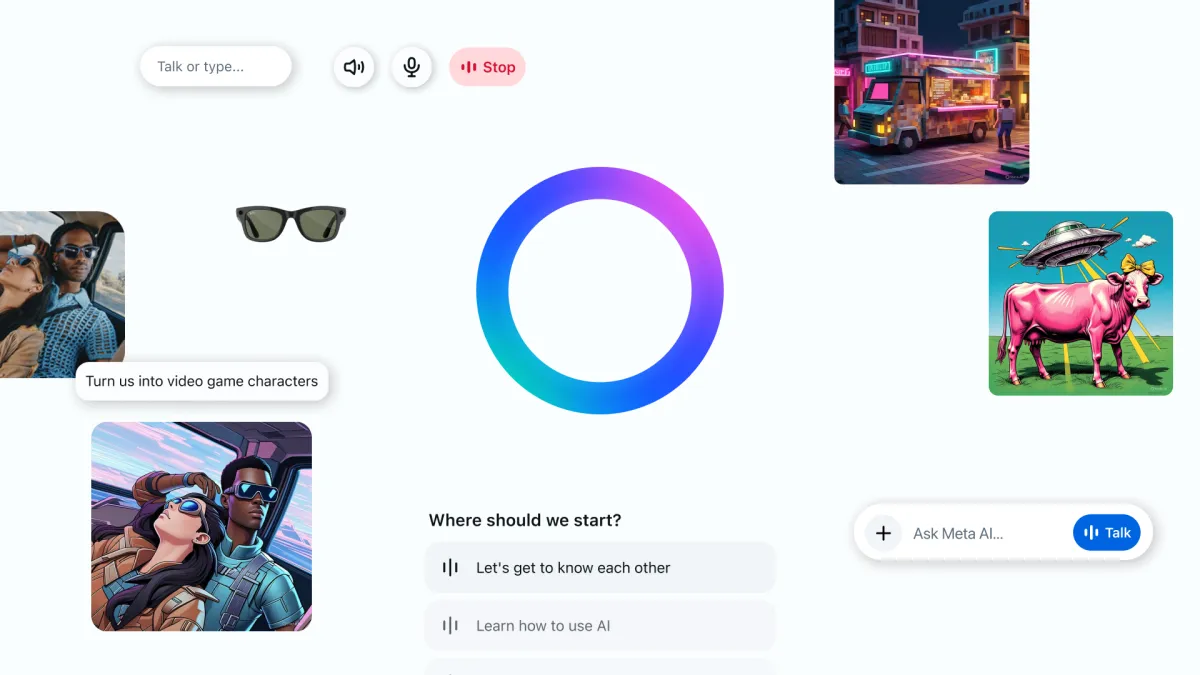Google took the stage this Wednesday at its annual Google Cloud Next conference. As in last year's conference, the company focused on a series of announcements, primarily about its advances in AI infrastructure and generative AI research and development. On the first topic, the most notable announcement was the introduction of Google's next-generation custom AI chip, the Tensor Processing Unit (TPU) Ironwood, which will be available later this year.
The announcements related to generative AI fell into two broad categories: first, there were the announcements related to the foundation models for everything from text and media generation to weather forecasting, led by the upcoming availability of Gemini 2.5 Flash in Vertex AI. Gemini 2.5 Flash is optimized for affordability and speed, adjusting its reasoning according to the prompt's complexity. Additionally, Gemini 2.5 Flash enables users to set the model's performance to adapt to budgets.
The second category concerned Google Cloud's new productivity-enhancing features across its ecosystem. This category includes some new features added to Google Workspace, but was mostly dominated by the introduction of AI agents, improvements to the Google Agentspace, and the launch of new tools to enable multi-agent workflows, like the Agent Development Kit (ADK) and Agent2Agent (A2A) protocol.
AI Adoption Exploding Across the Enterprise
The numbers tell a compelling story of rapid enterprise AI adoption. Over 4 million developers build with Gemini, while Vertex AI usage has surged 20x over the past year. According to Google, the boost in Vertex AI usage is mainly due to the rapid adoption of Gemini, Imagen, and Veo. In addition, the company reports that Google Workspace has seen more than two billion AI assists monthly to business users, reshaping productivity in enterprise settings.
Introducing Ironwood, Google's seventh-generation TPU
The star hardware announcement was undoubtedly Ironwood, Google's seventh-generation TPU. This massive leap forward represents a 10x improvement from Google's previous high-performance TPU. Two configurations, 256 chips per pod and 9,216 chips per pod, will be available for Google Cloud customers based on their workload demands. The 9,216 configuration delivers a staggering 42.5 exaflops of compute to meet the requirements of sophisticated "thinking models" like Gemini 2.5.
Additionally, Google noted that Ironwood will be incorporated into a growing catalog of hardware options available for Google Cloud customers, which now includes A4 and A4X VMs powered by NVIDIA's B200 and GB200 Blackwell GPUs. The company highlighted that it was the first cloud provider to offer these GPUs. Google Cloud will be among the first to offer NVIDIA's next-generation Vera Rubin GPUs, promising up to 15 exaflops of inference performance per rack.
Advanced Models Across All Modalities
Google Cloud has established itself as the only provider offering models across all modalities – including Gemini for text and multimodal applications, Imagen for images, Veo for video, Chirp for audio, and Lyria for music generation. Key model advancements in Google's media generation models include:
- Imagen 3: Enhanced text-to-image capabilities and improved inpainting capabilities that help users reconstruct missing or damaged parts of an image.
- Chirp 3: Audio generation with custom voice creation from just 10 seconds of input, and novel transcription features that identify and separate the speakers in multi-speaker recordings, increasing the quality and usability of the resulting transcripts.
- Lyria: Enterprise-ready text-to-music model that transforms text prompts into high-fidelity 30-second clips
- Veo 2: Upgraded with comprehensive editing capabilities including inpainting, outpainting, cinematic techniques, and frame interpolation
Vertex AI: The Enterprise AI Platform
The Vertex AI Model Garden now features over 200 models from Google, third-party providers like Anthropic and Mistral, and open models like Gemma and Llama.
New capabilities announced include:
- Enhanced training and tuning capabilities across all model families
- Vertex AI Model Optimizer for automatically directing queries to the most performant model
- Live API for streaming audio and video directly into Gemini for real-time processing
Multi-Agent Ecosystem
Google is betting big on multi-agent systems with several groundbreaking announcements:
- Agent Development Kit (ADK): An open-source framework for building sophisticated multi-agent systems with under 100 lines of code
- Agent2Agent (A2A) protocol: The industry's first open protocol for agent-to-agent communication, with support from over 50 partners
- Agent Garden: Ready-to-use samples and tools for connecting agents to pre-built connectors, custom APIs, and cloud systems
Google Agentspace: AI for Every Employee
Google Agentspace aims to democratize AI by putting agents in the hands of every employee. New enhancements include:
- Integration with Chrome Enterprise for searching and accessing enterprise resources directly from Chrome
- Agent Gallery for discovering available agents across the enterprise
- Agent Designer, a no-code interface for creating custom agents
- Specialized agents for idea generation and deep research
Purpose-Built AI Agents Deliver Business Results
Google highlighted five categories of high-impact agents already delivering tangible business results:
- Customer Agents powered by AI search that enable users to quickly find answers and products, and conversational AI agents leveraging high-quality humanlike conversations, which can adapt during conversations and process video streams to provide immediate responses. Additionally, Google is developing agents tailored to specific industries such as Food Ordering, Automotive and Retail. Wendy's AI drive-through ordering system, MercedesBenz' conversational search and navigation, and The Home Depot's Magic Apron are some examples of these agents.
- Creative Agents tailored to augment media production, marketing, advertising, design and other creative teams. Examples of enterprises putting these agents to action include WPP, which built Open for its 120,000 employees to concept, produce and measure campaigns; and Monks.Flow using Google AI to help localize creative for campaigns.
- Data Agents are specialized tools for data engineering, data science, and business analytics teams, helping companies like Mattel, Spotify, and Unilever harness their data
- Coding Agents enhancing developer productivity, with the new Code Assist agents aimed at helping developers with tasks that go from modernizing code to contributing to the full software development cycle. As it has done several times before, Google remarked at Google Cloud Next that more than 25% of new code at the company is AI generated and then reviewed by Google engineers.
- Security Agents to accelerate cybersecurity operations with new capabilities like Google Unified Security, alert triage agents, and malware analysis agents.
Commitment to Openness and Partnership
Google emphasized its commitment to openness and interoperability, allowing customers to leverage existing IT environments, access hundreds of ISVs from the Google Cloud Marketplace, work with service partners like Accenture, Deloitte, and TCS, and implement sovereign clouds and sovereign AI services. Google Cloud's Sovereign AI services are available on its public cloud, sovereign cloud, distributed clouds, and on Google Workspace.
The Road Ahead
As AI transformation accelerates across industries, Google Cloud has positioned itself as a leading platform for enterprise AI innovation. With its comprehensive portfolio of infrastructure, models, development tools, and pre-built agents, Google continues to empower organizations to reimagine processes and enhance productivity at unprecedented scale.





Comments